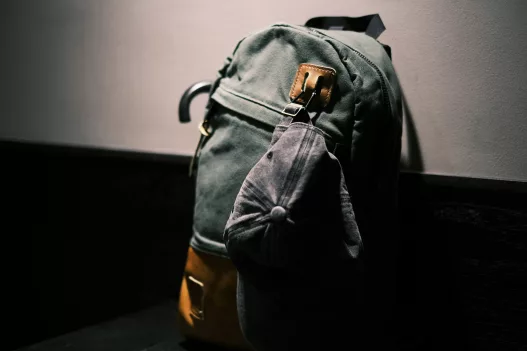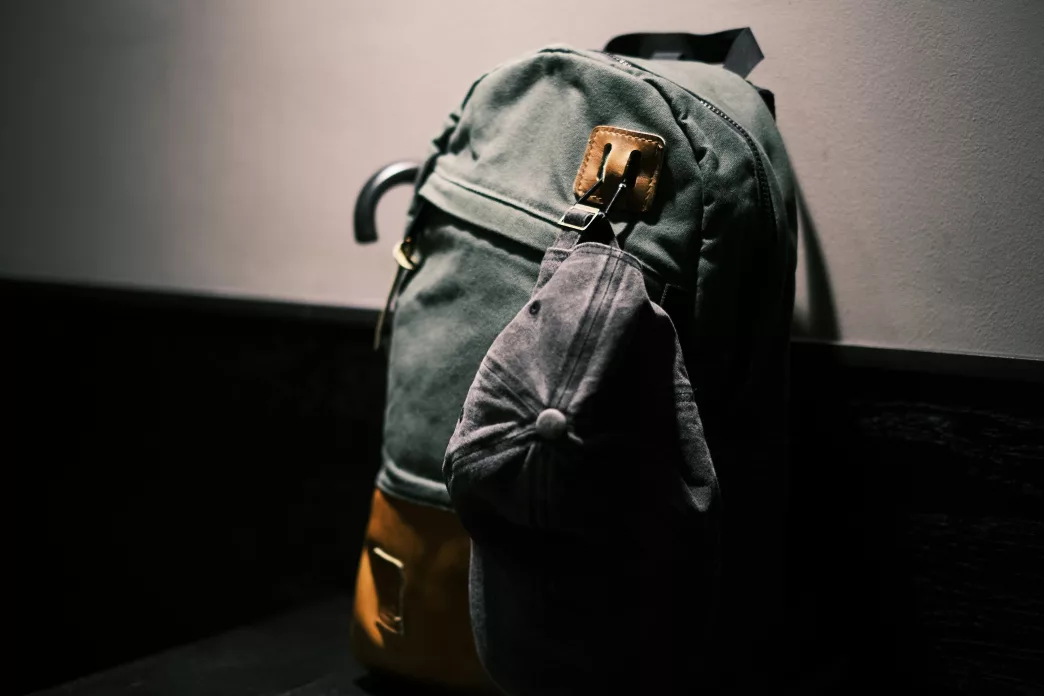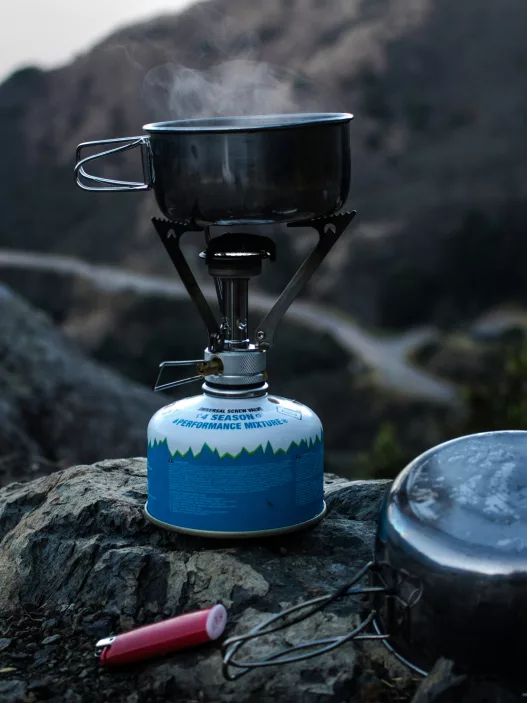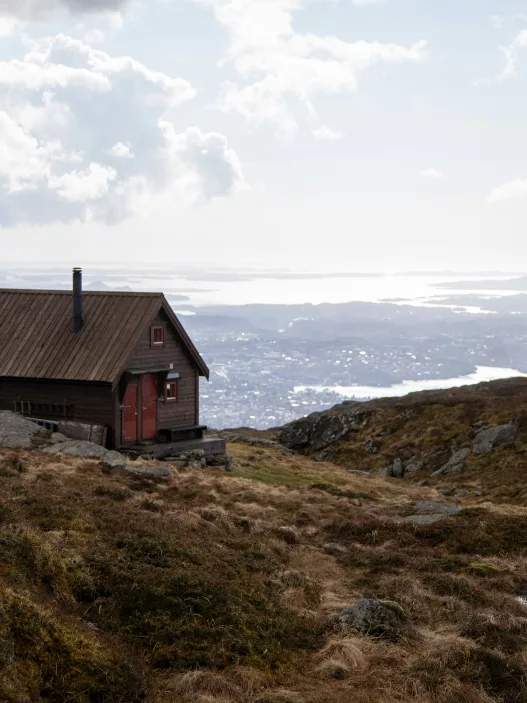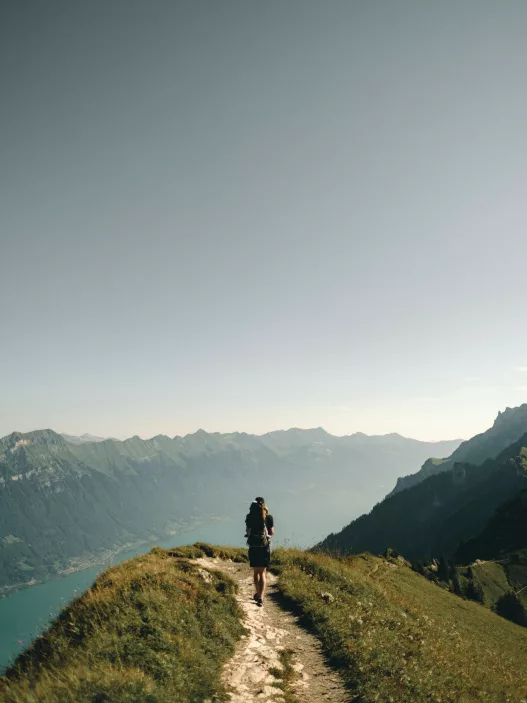Backpacking is an exhilarating way to explore the great outdoors, providing a chance to connect with nature while challenging oneself physically. Lightweight gear plays a crucial role in enhancing this experience, as it allows us to travel further and with greater ease. Choosing the right equipment can significantly impact our comfort, performance, and overall enjoyment on the trail.
When selecting lightweight gear, we must consider several critical factors. The materials used should balance durability and weight, while the size of each item must fit our packing needs without taking up unnecessary space. Additionally, features such as ease of use and versatility are essential, as they can affect our efficiency during hikes. Paying attention to weight limits can also prevent fatigue and make our journey more enjoyable.
By carefully evaluating our options and focusing on the most important elements, we can make informed decisions that enhance our backpacking adventures. We have researched and tested various lightweight gear options to share recommendations that will help you enjoy your trips even more.
Best Lightweight Gear for Backpacking
In our search for the best lightweight gear for backpacking, we evaluated numerous products to find those that optimally balance weight, functionality, and durability. Below is our curated list of top recommendations that can enhance your outdoor experience while keeping your pack light.
Alritz Emergency Survival Kit
This survival kit is a must-have for anyone serious about outdoor adventures and emergency preparedness.
Pros
- Compact and lightweight design makes it easy to carry.
- Wide range of tools suitable for various survival situations.
- Durable case protects contents from the elements.
Cons
- Some tools may not perform as well as expected in real-life scenarios.
- The size of some items could be impractical for certain uses.
- Limited user instructions for some tools.
Using the Alritz Emergency Survival Kit has been a reassuring experience on our camping trips. The kit packs down nicely and weighs less than a pound, so we hardly notice it in our packs. It contains essential tools like a compass, fire starter, and a wire saw, which we found particularly useful during a recent outing.
One highlight is the quality of the case. It’s thick and sturdy, so we’ve felt confident that the gear inside is protected from bumps and the elements. Each tool serves multiple functions, making it an ideal companion for hiking, camping, or even keeping in the car for emergencies.
That said, we’ve noticed mixed reviews about the durability of some tools. While most performed well, a couple didn’t quite meet our expectations on our last trip. It’s worth considering that while the kit is comprehensive, relying solely on it in a serious survival situation may not be ideal. Nonetheless, it’s a practical addition to our gear for the peace of mind it brings.
Wise Owl Outfitters Hammock
This hammock is a worthy addition to any camping gear collection due to its lightweight construction and durability.
Pros
- Made from robust nylon, ensuring a comfortable and safe experience.
- Easy to set up, thanks to included tree straps and clips.
- Compact and portable design, perfect for backpacking trips.
Cons
- Instructions for tree strap usage could be clearer.
- Limited colour options may not appeal to everyone.
- Some users report needing a break-in period for optimal comfort.
We recently tested the Wise Owl Outfitters Hammock during a weekend camping trip, and it truly impressed us. Setting it up was a breeze; the included straps made the process straightforward, allowing us to relax within minutes. The hammock held our combined weight without any signs of strain, proving its advertised capacity of up to 500lbs.
The nylon material feels sturdy yet soft against the skin, making it comfortable for long periods. We loved the vibrant colours, which added a cheerful touch to our campsite. While we found the design compact, it does take a little practice to pack it away neatly.
In terms of usability, we encountered some confusion with the tree strap instructions. Watching a quick tutorial helped immensely, ensuring we could hang it securely. Overall, this hammock has become a staple for our outdoor adventures, providing a comfy place to unwind after a day of hiking.
Orblue 4-in-1 Camping Utensils
This versatile camping utensils set simplifies outdoor dining with compact convenience and solid performance.
Pros
- Compact design makes it easy to pack and carry.
- Durable stainless steel construction ensures longevity.
- 4-in-1 tool versatility covers multiple meal needs.
Cons
- The knife attachment can be a bit tricky to release.
- Higher iron content raises potential rust issues over time.
- Some may find the weight slightly heavier than expected.
Using the Orblue 4-in-1 Camping Utensils has truly enhanced our outdoor meals. This compact tool fits snugly in our pack and makes a significant difference in dining convenience. We found it perfect for multiple activities, whether hiking or camping, allowing us to scoop, cut, and even pop open bottles without carrying separate items.
The stainless steel build feels robust in hand. We’ve noticed no sticking, and after several uses, they’ve remained easy to clean, which is a considerable advantage when we’re far from proper washing facilities. The polished finish also adds a touch of elegance, which is surprising for backpacking gear.
On the downside, we did encounter a bit of a learning curve with the knife mechanism. It takes some effort to release, and we can see how this might frustrate some users. Additionally, while they serve well, the potential for rust due to the higher iron content means we need to rinse and dry them promptly after use. Overall, we’re pleased with this purchase, as it combines practicality with durability for our adventures.
OUTXE Titanium Spork Set
This lightweight spork set offers a reliable, eco-friendly option for all our camping and backpacking adventures.
Pros
- Ultra-lightweight design makes it easy to carry.
- Crafted from titanium, ensuring durability and safety.
- Compact two-in-one utensil saves space in our packs.
Cons
- Spoon shape may not be ideal for all types of food.
- Texture might feel uncomfortable for some users.
- Limited colour options might not appeal to everyone.
We recently added the OUTXE Titanium Spork Set to our outdoor gear, and it has quickly proven itself. The ultra-lightweight nature of this utensil is a game changer, weighing in at merely 20 grams, which means we hardly notice it in our packs. It’s made from 99.9% titanium, providing peace of mind regarding safety and eco-friendliness. We’ve found that cleaning it is a breeze, whether we choose to wash it by hand or pop it in the dishwasher.
The design upgrades make a noticeable difference. The deeper bowl holds more food, allowing us to enjoy heartier meals without the fear of spilling. Having both a fork and spoon combined into one tidy utensil not only saves space but also eliminates the hassle of juggling multiple items when we’re trying to eat on the go.
There are minor drawbacks worth mentioning. While it’s incredibly sturdy, the spoon shape can feel more like a flat spatula, which can be tricky with soup. Additionally, some of us have noted a slight discomfort with the fork and spoon’s texture. Despite these complaints, they’ve held up wonderfully during our trips, and we believe they’ve earned a spot in any lightweight backpacking kit.
Blue Seventy-Two Pro Series
This emergency backpack kit is a solid option for anyone wanting to ensure they are prepared for various natural disasters.
Pros
- Compact and lightweight design for easy transport.
- Comprehensive range of emergency supplies included.
- Waterproof material offers added protection for contents.
Cons
- Some items may appear low quality.
- Limited space may require additional packing for larger groups.
- Food and water supplies have a nominal shelf life.
We recently put the Blue Seventy-Two Pro Series to the test, and its standout feature is the thoughtful organisation of compartments. The triple-pocket design allows us to easily access the essentials without rummaging through the bag. It’s lightweight, which is beneficial when we need to keep our load manageable during stressful situations.
The kit is surprisingly well-equipped with a substantial food supply and five emergency water pouches. In our experience, the ration bars have a long shelf life and taste acceptable for emergency rations. However, some items in the kit feel a bit flimsy, which makes us question their durability under heavy use.
Overall, having this emergency kit gives us peace of mind. It’s a useful addition to our vehicle for road trips or to keep at home. With the unpredictability of natural disasters, being prepared is essential, and the Blue Seventy-Two kit provides a good foundation.
Buying Guide
When selecting lightweight gear for backpacking, we need to consider several key features. This ensures we make informed decisions that enhance our experience.
Weight
Always prioritise weight. Every gram counts on the trail. Consider gear that balances functionality with low weight.
Durability
Look for materials that withstand wear and tear. Lightweight does not mean fragile. Evaluate the longevity of fabrics and components.
Packability
Choose items that can easily compress and fit into our packs. Gear that can be packed down small saves space and reduces bulk.
Functionality
Consider the versatility of the gear. Multi-use items can reduce overall weight. Ensure that each piece serves a distinct purpose.
Weather Resistance
Evaluate the gear’s ability to withstand different weather conditions. Waterproof or water-resistant features are essential for rain, while breathable options are crucial for warmth.
Budget
Establish a budget before shopping. Lightweight gear can vary significantly in price. We should find a balance between quality and cost.
Comfort
Finally, we must ensure the gear is comfortable for prolonged use. Test equipment when possible to avoid discomfort during our adventures.
| Feature | Importance |
|---|---|
| Weight | Affects overall load |
| Durability | Longevity under use |
| Packability | Space-saving ability |
| Functionality | Multi-use for efficiency |
| Weather Resistance | Protection from elements |
| Budget | Value for money |
| Comfort | Essential for enjoyment |
Frequently Asked Questions
We often encounter various queries related to ultralight backpacking gear. Below, we address some common concerns and provide specific information about essential items, budgeting tips, and material choices.
What are the essential items to include in an ultralight backpacking gear list?
An ultralight backpacking gear list typically includes a lightweight tent or tarp, a sleeping bag, and a sleeping pad. Other essentials are a compact cooking system, a reliable water filtration system, and suitable clothing layers.
How can one assemble an ultralight backpacking kit on a budget?
To create a budget-friendly ultralight kit, we can focus on purchasing second-hand gear, utilising multi-use items, and researching deals online. Prioritising necessary gear over brand names allows us to save significantly while maintaining functionality.
Which are the top-rated ultralight backpacking equipment available today?
Some of the top-rated ultralight gear includes the Big Agnes Copper Spur tent, Therm-a-Rest NeoAir sleeping pad, and Sea to Summit sleeping bag. These items receive high marks for their weight, durability, and overall performance.
What constitutes the ‘big three’ in backpacking gear?
The ‘big three’ in backpacking gear refer to the tent, sleeping bag, and backpack itself. Selecting lightweight options for these three categories significantly reduces the overall pack weight.
Which materials are considered the lightest for backpacking gear?
Common lightweight materials for backpacking gear include Dyneema, ripstop nylon, and silicone-coated nylon. These materials provide strength and durability while minimising weight.
What is the expected financial outlay for a basic ultralight backpacking set-up?
The cost of a basic ultralight backpacking set-up can vary widely, typically ranging from £300 to £800. Factors such as brand, materials, and features can influence the final expense.


